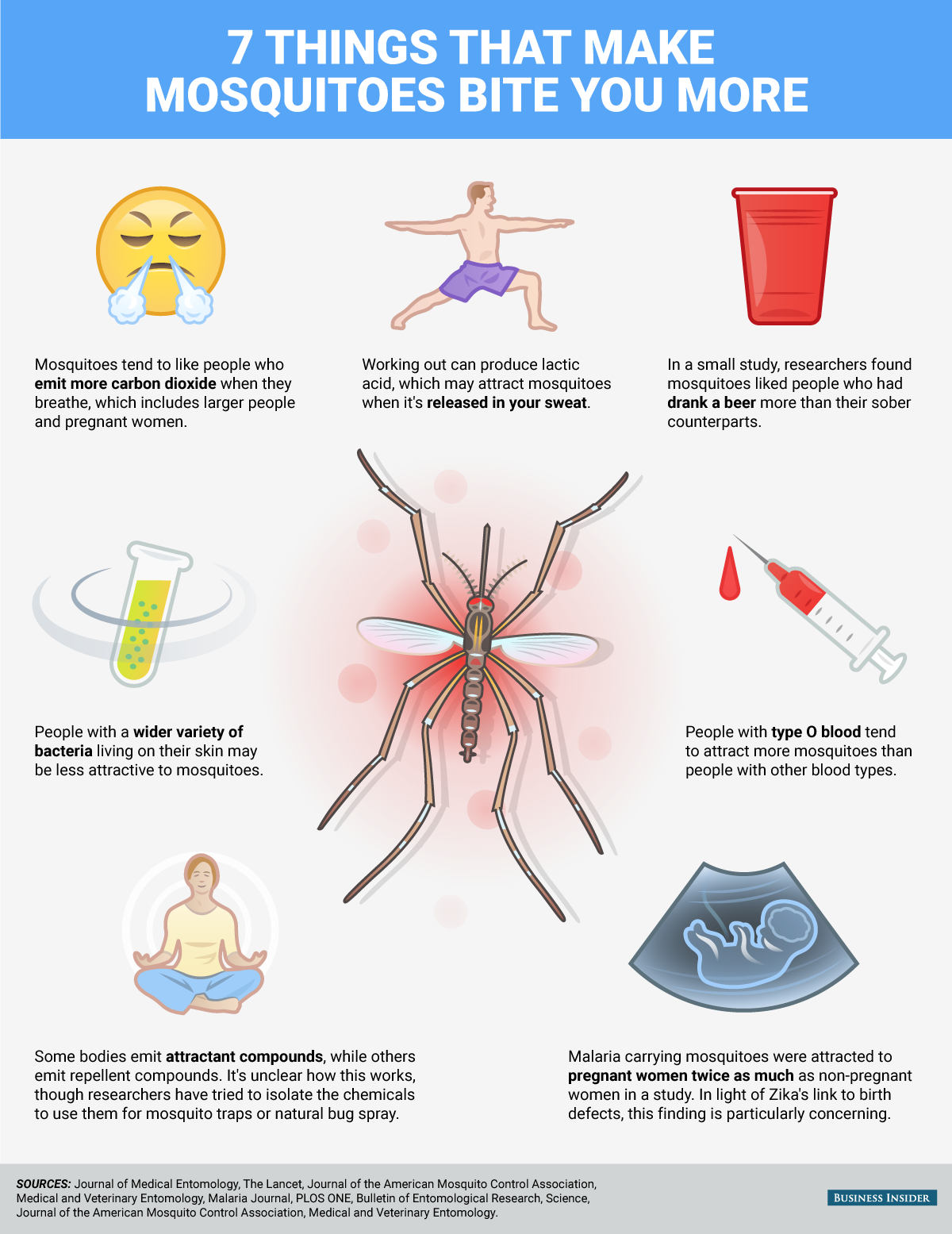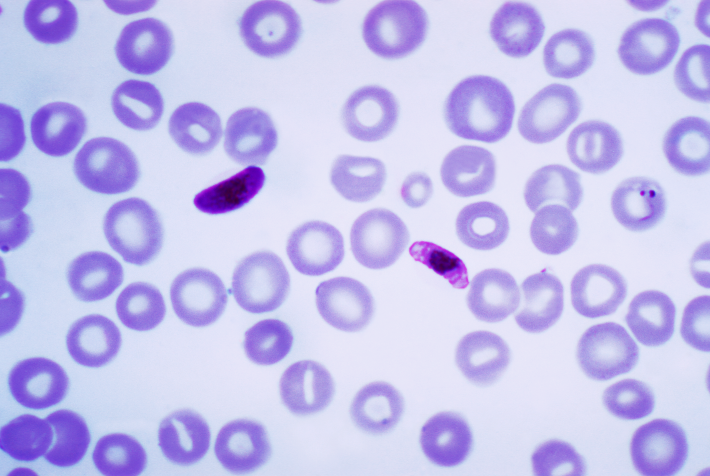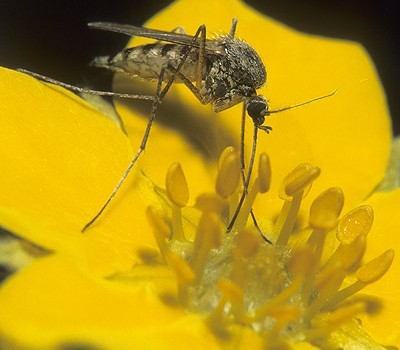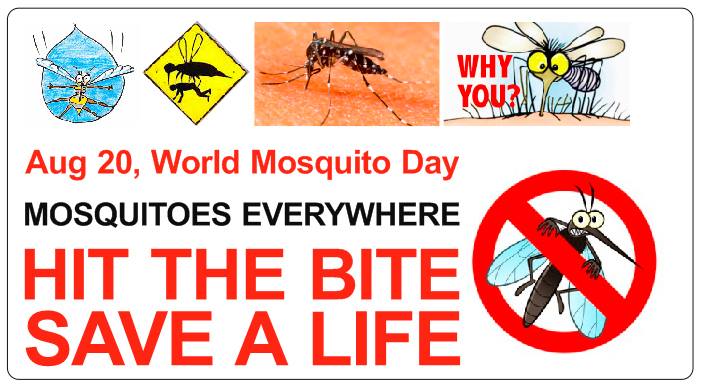Imagicnation #06 | What's the deadliest animal of the world ??
Hello everyone ! Welcome to the deadliest episode of Imagicnation ! A place where we will find out the answers to some of the most interesting & curious questions related to science...

Hey guys…Did you know that the most dangerous animal on Earth isn’t the shark, or the lion, or even the snake?? It’s so small, in fact, it could sit on the tip of a pen. Biologists estimate that these slayers have killed approximately half of all humans ever born, and at present accounts for more than 45 million years of lost human life each year. They are one of the common reasons of our sudden waking up from our deep sleep at night. Here’s a photograph of that deadliest animal…

Fig: MOSQUITO !! (Credits)
A mosquito is any of more than 3,000 species of small irritating flies in the family Culicidae. Among those species that feed on blood, the vampire action is done solely by the females, who need the proteins and nutrients in animal blood in order to lay their eggs. These blood-sucking mosquito species have very perceptive palates when it comes to which species they feed on. For instance, mosquitoes that prefer birds, may not slurp our blood. Only a few hundred species are actually known to poke minute holes in humans. Among humans, mosquitoes are known to be more fascinated to some of us than others. I recommend making friends with one of these people, and invite them to your next birthday party as a natural bug decoy! And if you already get invited to a lot of birthday parties, it’s probably you !

Fig: Mosquito attractants (Credits)
Ok, jokes apart…Did you know that mosquitoes can sense exhaled carbon dioxide from over 100 feet away, so heavy breathers BE CAREFUL ! They also show likings for certain blood types, pregnant women, and specific populations of skin bacteria. Body odor substances like Octenol, Lactic acid, Nonanal…oh god…stop laughing guys!… are like magnets for mosquito, as well as ethanol secreted through the skin after we’ve been intaking. While we used to ponder insect repellents like DEET functioned by blocking a mosquito’s smell receptors, new research suggests that the bugs just really hate the smell. Although we often use the word “bite”, mosquitoes actually “poke”.

Fig: Mosquito anatomy (Credits)
Evolution has molded the mouthparts of these “ectoparasites” into extremely-specialized face daggers, bounded inside a sheath called the labium. As they enter the skin, they are unsheathed and the supple mandible searches out for a blood vessel. Finally, the mosquito then taps into sanguine sustenance it uses its tongue-like labrum to drink up a belly full of blood. Our immune system responds to the foreign proteins present in their saliva, resulting in red bumps on our skin. So, it is actually you yourself whom you should blame for the itching. But mosquitoes didn’t develop into the largest killer of humans, thanks to us itching ourselves to death. In fact, it’s not really mosquitoes that do all that murder. The actual culprits are even smaller!

Fig: Plasmodium falciparum (Credits)
The picture above is of the organism recognized popularly as the most common cause of deadly malaria. Its name is Plasmodium falciparum. This microscopic protozoan parasite swims its way into our bloodstream via the mosquito’s salivary glands, where it enters the hepatocytes (liver cells) and red blood cells, often resulting in a deadly fever. When another mosquito feeds on malaria-infected human blood, the protozoan organism can sexually reproduce, mutate, and spread. Today, malaria kills about a million people every year, and infects half a billion population. So, what do you think can we do about it? We do find signs of a continuing evolutionary arms race against malaria within our own genomes. People suffering from Sickle Cell Anemia carry a copy of the sickle cell gene mutation, a trait common in tropical regions like sub-Saharan Africa, show resistance to Malaria, probably by interrupting with the parasite’s blood cell life cycle. Yet malaria continues…….
Insecticides and other chemicals are useful, but they often harm the environment or wipe out beneficial insects together with the bad.

Fig: Mosquito control methods (Credits)
Anti-malaria drugs like artemisinin, while cheap and effective, carry a risk of resistance, and they’re completely useless against viral mosquito-borne diseases like Dengue fever. So, why don’t we just get freed of mosquitoes? Is it even possible to do that? Of course YES…I mean MAYBE ! Oxford University biologists have formed genetically engineered male mosquitoes with a mutation that kills their ENTIRE offspring. When these males are released into the wild, they mate with females, and all the eggs are useless. And in those places, and mind you this has ACTUALLY been done, Dengue-carrying swarms have dropped. This really works...for us at least.
In some ecosystems, mosquitoes are chief pollinators, or food sources for other organisms. Eliminating mosquitoes, even just specific disease-carrying species, MIGHT result into other undesirable effects that we can’t even imagine.

But does human health overshadow those environmental concerns? Is expensive genetic engineering a better option than, say, a mosquito-net over a bed? And could it be, like science writer David Quammen says, that mosquitoes are in some ways protecting the world’s wilderness from even broader human invasion? With their small swords, and their illnesses. Safeguarding the jungle ! These are tough questions. They force us to lay down the health of our own species at odds with another’s, and the answers aren’t simple. I want to know what you think. What should be done about the mosquitoes?
Express your thoughts in the comment section below…
Whatever be the response, we have got science on our side. And I BELIEVE that’s a great thing !!
...& yeah, here’s the reason why mosquito is the world’s deadliest animal…
 (Credits)
(Credits)References used:
1) http://www.mosquitoworld.net/
2) http://animals.howstuffworks.com/insects/mosquito.htm
3) http://www.mosquitoreviews.com/mosquitoes-ecosystem.html

Last six science episodes :
1) Imagicnation #05 | Why Does Time Move Forward?
2) Imagicnation #04 | How Do Bees Manufacture Honey??
3) Imagicnation #03 | Bioluminescence : Nature's living light-shows !!
4) Imagicnation #02 | What Would Happen if You Were Shrunk?
5) Imagicnation #01 | How much plastic is in the ocean ??
6) Life #01 | The Most Important Moment in the History of Life on Earth ! !

without reading i say mosquito, 800k die of mosquitos transmitted disease each year.
you could have updated your knowledge after reading too...
thank you...feels so good after being selected after so short time in steemit education.. :)
What cannot be seen is always nastier! I learned a few things about mosquitoes thanks to you, in particular the attractive power of the blood type. Do we have any single clue for the "why" here?
That's a good question but is a topic of research...
"Scientists have isolated proteins on mosquitoes' antennae that detect chemical markers emitted from peoples' skin, but still don't know why certain blood types are favored over others...."
For more details, click on the link below:
http://animals.mom.me/mosquitoes-favor-specific-blood-types-6196.html
and thanks for the feedback @lemouth :)
Thanks for the link. Only the future will tell, then ;)
yep...probably :p
As for many things, at the end of the day!
Join us on #steemSTEM / Follow our curation trail on Streemian
Thank you for this very interesting article. It has been advertised on our chat channel (and upvoted).
The steemSTEM project is a community-supported project aiming to increase the quality and the visibility of STEM (STEM is the acronym for Science, Technology, Engineering and Mathematics) articles on Steemit.
thank you again steemstem :)
This post received a 1% upvote from @randowhale thanks to @imagicnation! For more information, click here!